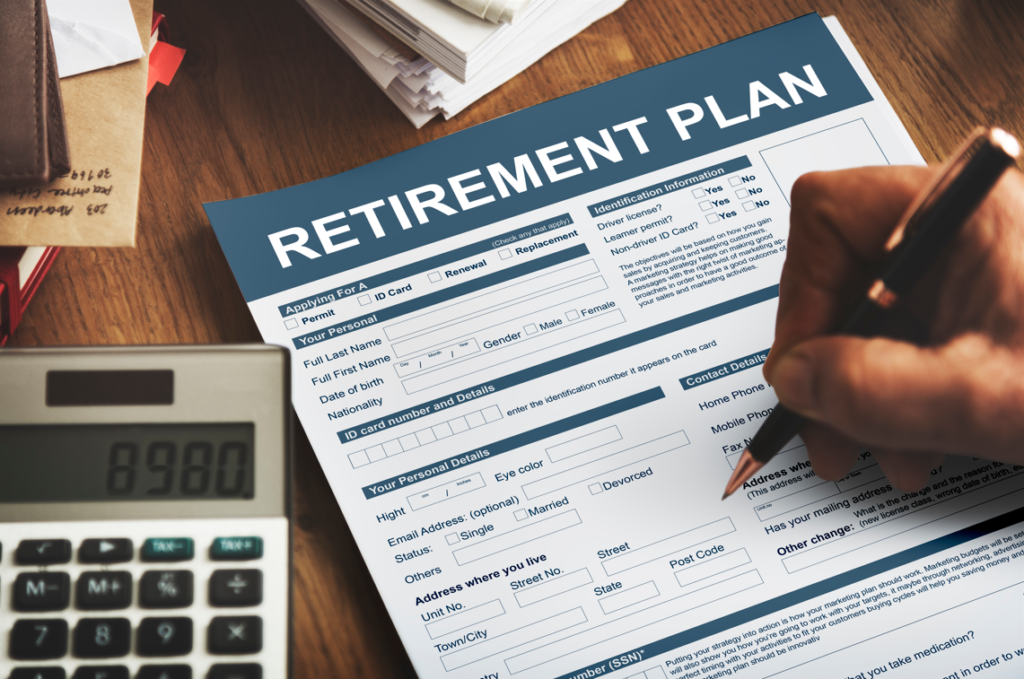With international and even some domestic travel still off the cards due to COVID, young people today have an unparalleled opportunity to invest their money – and time – in building their ideal future.
There are lots of ways to do this, with actions both large and small. Let’s count down seven of the best.
- Get on the property ladder - Owning property is perhaps the ultimate way to boost your earning power.
It doesn’t have to be anything flash. But over time, you’ll build equity that can be leveraged for other things. And property ownership alone has a huge impact on your quality of life in retirement
- Start investing early - There is no such thing as investing too early. If you earn an income or have money in the bank, you can invest.The earlier you start, the longer you have for those investments to grow in value. Remember your high school maths: compound interest is your friend. But it’s besties with young people.
- Get Insured - Insurance is something few young people consider. But it’s in your best interest to change that! Most types of insurance – including those attached to your superannuation, like life, disability, and income protection – are cheaper for young people. But crucially, eligibility can be more difficult the older you get. By taking out policies when you’re young, you should receive more favourable terms – for the life of the policy. So, by the time you reach, say 50, you’ll have far better cover than someone else your age taking out a new policy and more likely to have a claim without exclusions.
- Watch your super - Taking a set-and-forget approach to your super when you are young is a big mistake. It’s your money, so take an active interest as soon as you start accruing it:
- Compare super funds for fees and services – they aren’t all the same and the cheapest is not always appropriate.
- Examine your risks. When you’re young you have greater time to make up any losses, so you can afford to take some bigger risks, which may deliver bigger returns over the long term.
- Never consolidate multiple super funds before checking your costs and insurances. Again, they aren’t all the same and health changes. Insurance policies automatically cease when a fund is closed.
- Invest in yourself - Self-education may be a short-term cost (unless it’s paid for by your employer). But those extra skills and qualifications will enhance your earning power over your working life. It’s also potentially tax deductible. Arguably there’s no better time to gain extra qualifications than when you’re young – before weddings, kids, mortgages and school fees sap your free time and your bank account. Additionally, you’ll be commanding that higher income sooner rather than later.
- Avoid overpaying tax - Don’t pay more tax than you need to:
- Keep records of your work-related expenses and claim them in full, especially when working or studying from home due to COVID.
- Don’t automatically use the ATO’s shortcut method – it may not cover your full expenses.
- Claim depreciation on home office equipment – computers, phones, desks etc.
- Get professional advice to claim legitimate deductions and tax-effective strategies you may not be aware of. Fees for both accountants and financial advisers are generally tax deductible too
- Go where the income is - COVID lockdowns have made it painfully clear that jobs can be fleeting. And young people have been hit especially hard as travel, tourism and hospitality jobs dry up. However, there is now huge demand for delivery drivers, supermarket workers, virtual assistants, and call centre operators. You can even work temporarily using platforms like Airtasker until you can resume your normal role.





